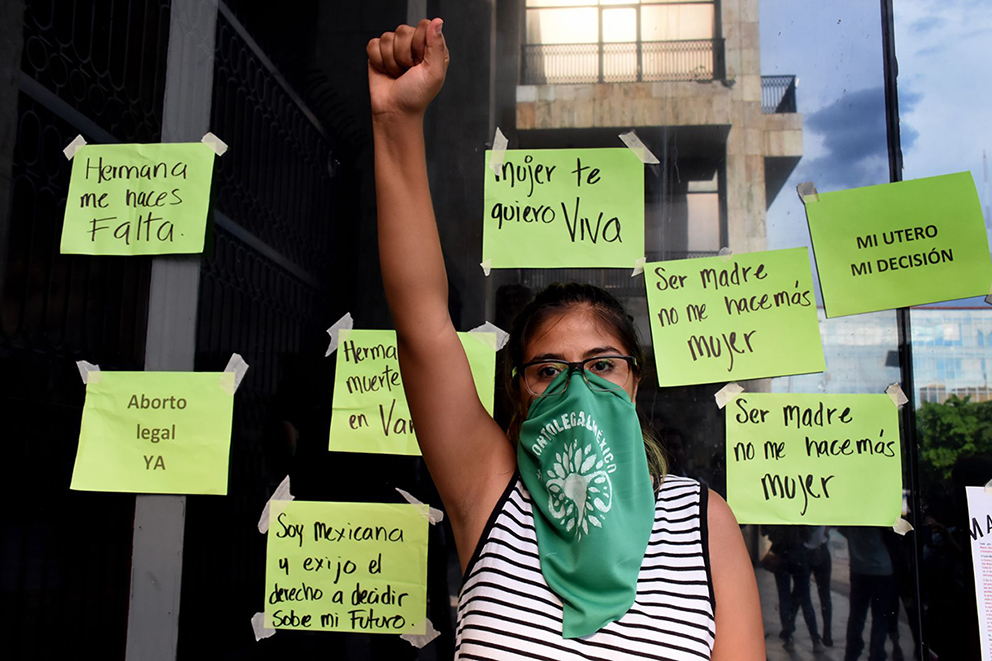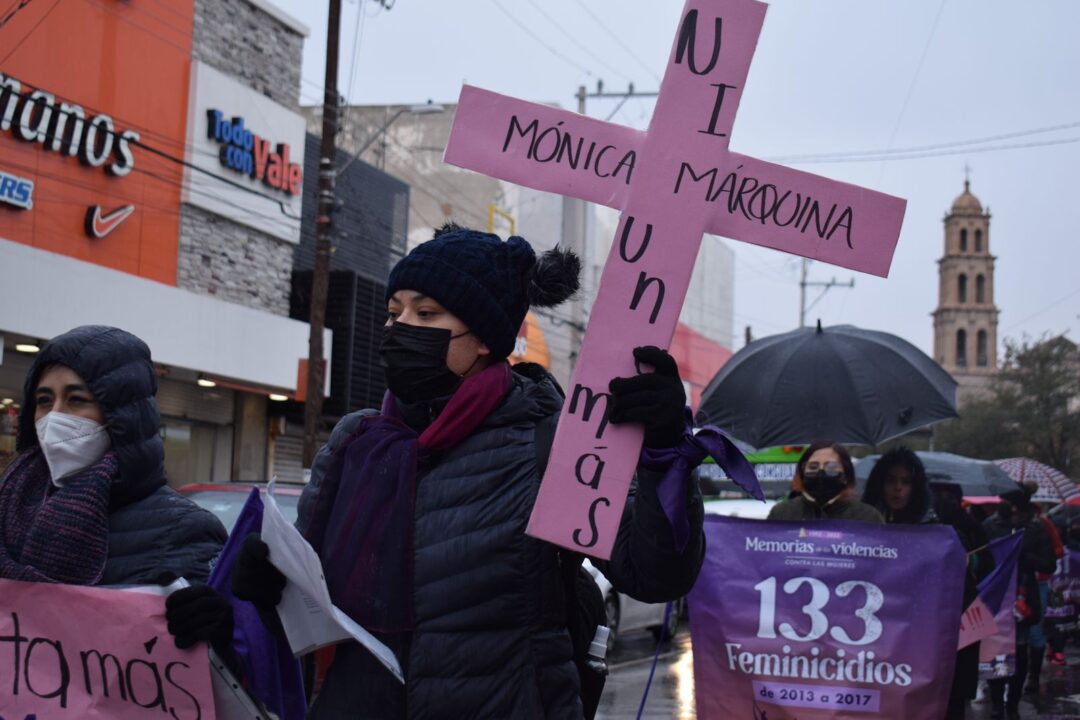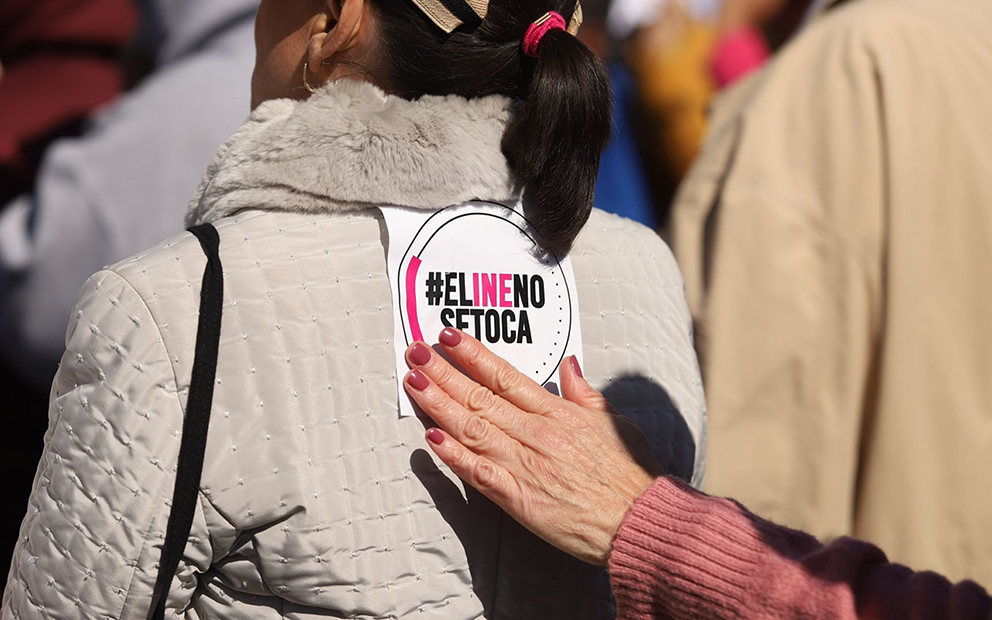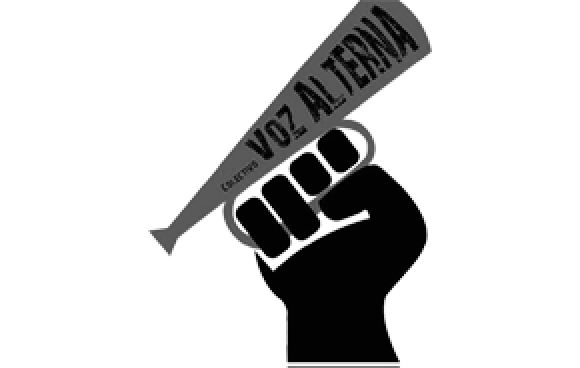Preventing rape victims from accessing abortion deemed unconstitutional in Mexico
16 julio, 2021

The Mexican Supreme Court of Justice determined that impeding abortion for victims of rape is unconstitutional, no matter how far along the victim is in thier pregnancy. The penal codes in a dozen states prevent rape victims from aborting after 90 days, or 12 weeks, of pregnancy.
Text: Pie de Página, originally published July 7, 2021.
Photo: Jacob García / Cuartoscuro
Translation: Elysse DaVega
MEXICO CITY–Preventing rape victims from aborting at any point in a pregnancy is now unconstitutional in Mexico.
Mexico’s Supreme Court of Justice ruled in favor of a victim of rape who was past 90 days of pregnancy when the state authority in Chiapas prevented her from having an abortion. The ruling came after a proposal from secretary Jorge Mario Pardo Rebolledo, who argued that Article 181 of the Chiapas penal code is unconstitutional.
The court granted protection to a young girl with severe cerebral palsy. She is marginalized and lives in poverty, and was a victim of rape when she was a minor. But due to her having already passed 90 days of pregnancy, the director of the Tapachula Hospital prevented her from getting an abortion.
According to the First Chamber of the court, the district judge that first oversaw the protection order performed an incorrect analysis on the matter. He did not properly evaluate the victim’s situation nor did he act with sensitivity to her gender. He also didn’t consider that the victim was a minor when the rape occurred. This should have forced him to take more encompassing measures to protect her.
The Chamber declared that it was unconstitutional for health officials to refuse to perform an abortion on the young woman.
«The time limit mentioned in the Article in question implies a total lack of regard for human dignity and for the free development of expecting women whose pregnancy is not the product of a free and consenting decision, but rather a result of violent misconduct that disregards her autonomy, and which is therefore misconduct that is subject to penalization and persecution by the state.»
The First Chamber determined that in the case of the victim in Chiapas, the hospital director’s refusal to allow her access to an abortion resulted in several serious violations of her and her mother’s rights.
Awaiting reparations for victims
The Chamber found the hospital and the Chiapas State Commission for Attention to Victims (CEAV) were responsible, however it also pushed for the Executive Federal Commission for Attention to Victims to fulfill its obligation to repair the damage caused by the rape.
The Chamber ordered that hospital directors should evaluate the victim’s current state of health, share the evaluation with her mother, and provide accessible, quality treatment to reduce any impact on her wellbeing.
The penal codes in at least 10 states of Mexico prevent rape victims past 90 days (12 weeks) of pregnancy from receiving and abortion. This is now unconstitutional.
Click here to sign up for Pie de Página’s bi-weekly English newsletter.
Ayúdanos a sostener un periodismo ético y responsable, que sirva para construir mejores sociedades. Patrocina una historia y forma parte de nuestra comunidad.
Dona

















